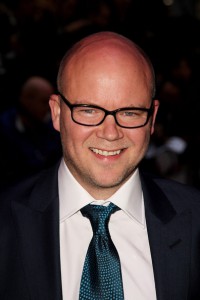 1. People who haven’t been to Harvard complain that those who have will always let you know about it within five minutes of meeting you. Doesn’t matter if it’s a propos of nothing, they’ll always find a way of shoehorning it into the conversation. I’m happy to say I’m not like that. I wait at least 10 minutes. So that’s reason number one: I can tell people I went to Harvard.
1. People who haven’t been to Harvard complain that those who have will always let you know about it within five minutes of meeting you. Doesn’t matter if it’s a propos of nothing, they’ll always find a way of shoehorning it into the conversation. I’m happy to say I’m not like that. I wait at least 10 minutes. So that’s reason number one: I can tell people I went to Harvard.
2. At Oxford, where I studied Philosophy, Politics and Economics, I was taught in a very different way to the method. I was taught at Harvard. I didn’t go to any lectures, never participated in any discussions and only talked about my subject with my tutors. The tutorial system is good at teaching you how to think, but not so good at giving you an overview of your subject. I ended up with a firm grasp of a few things, but not much sense of how they all fitted together. At Harvard, by contrast, the basic model was lecture followed by class discussion. That turned out to be the perfect complement to the education I’d received at Oxford. It was like being given a map of my subject for the first time.
